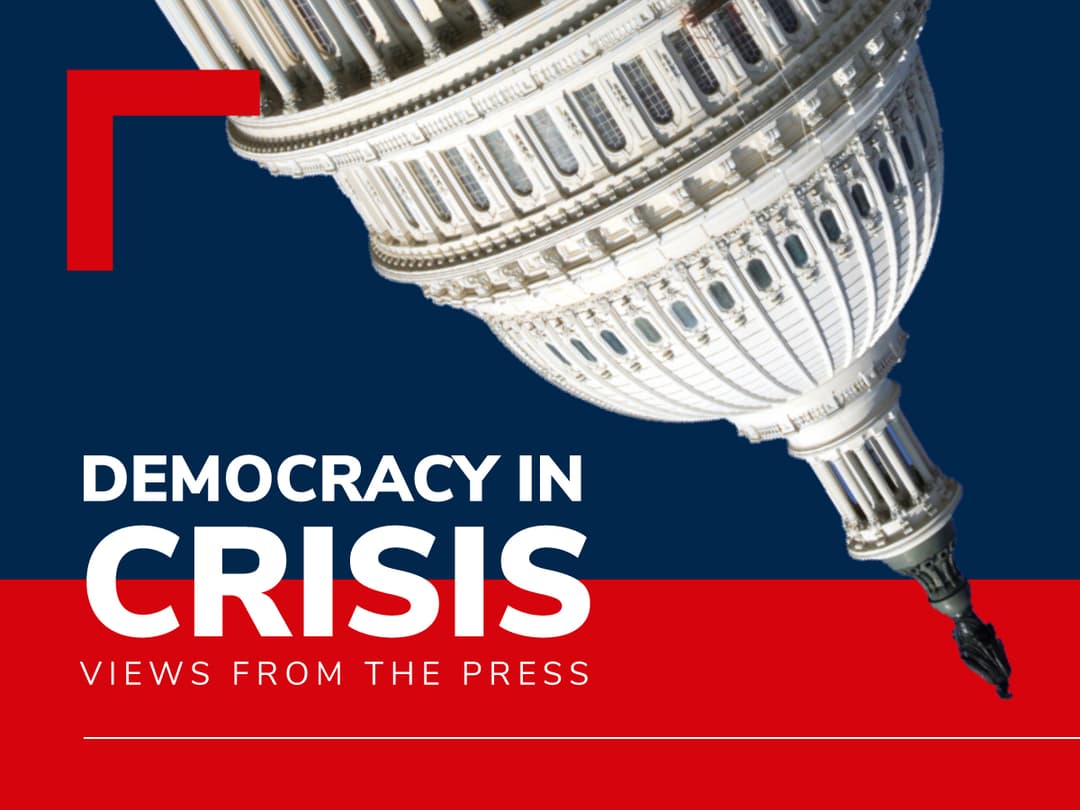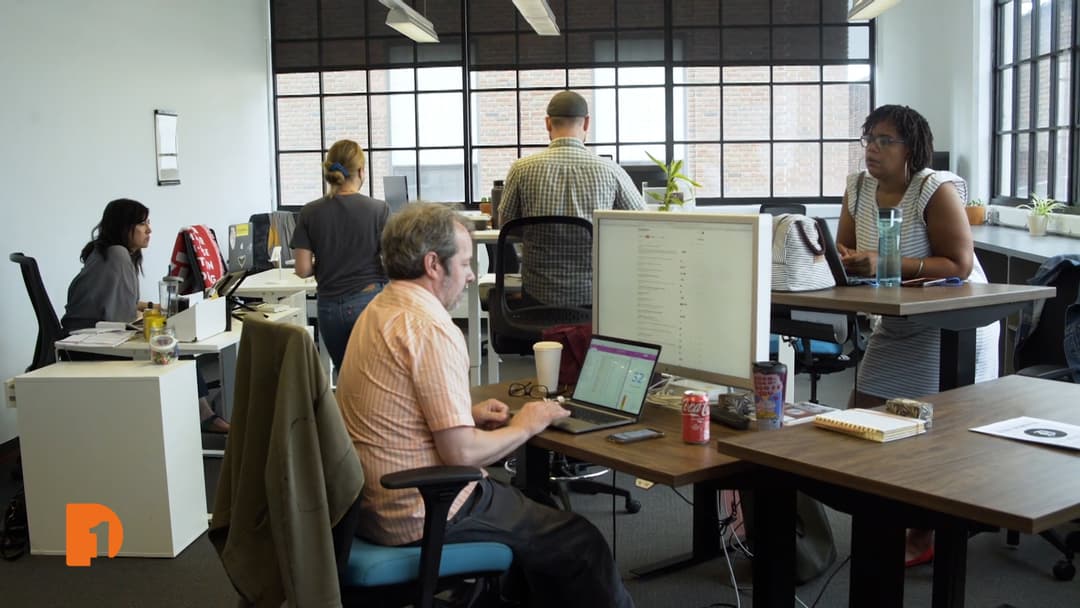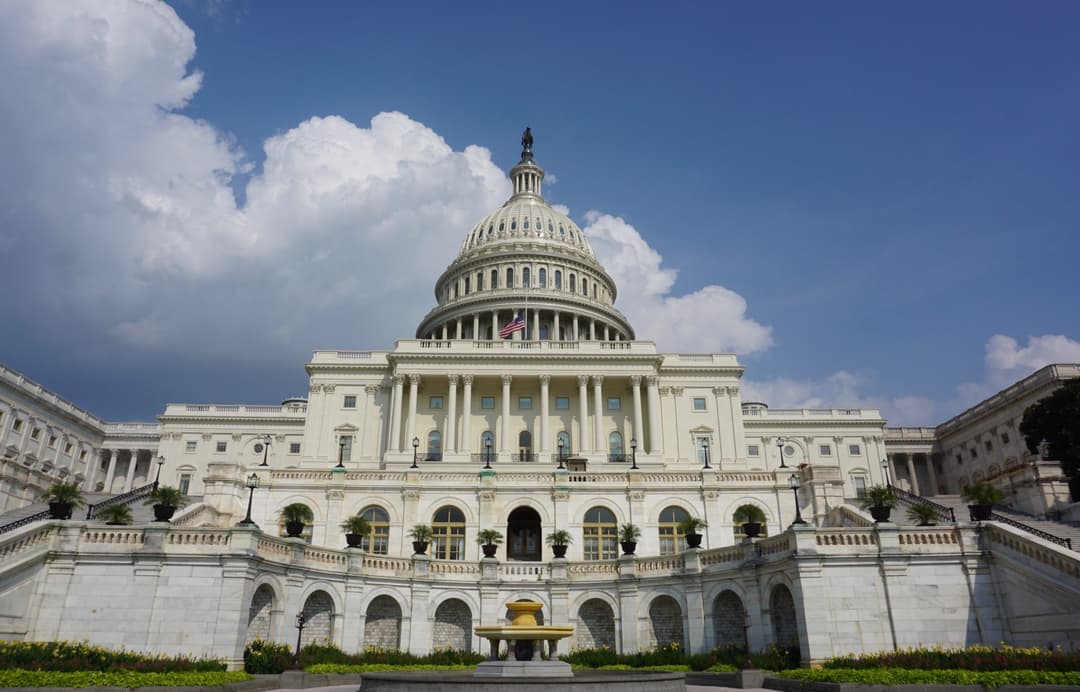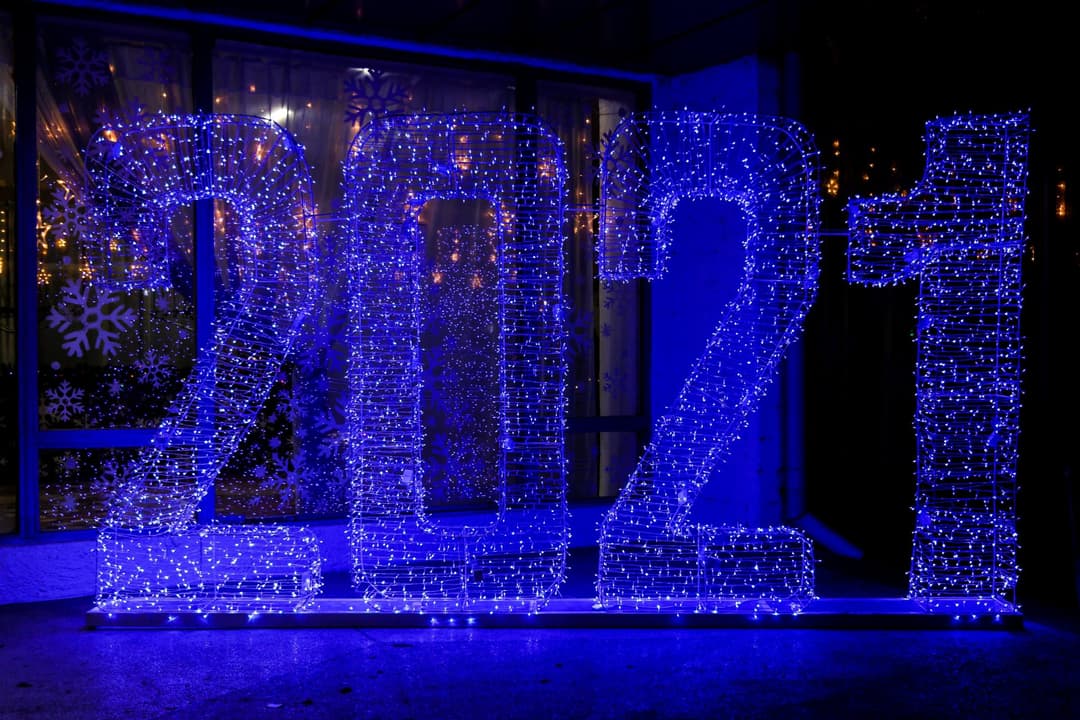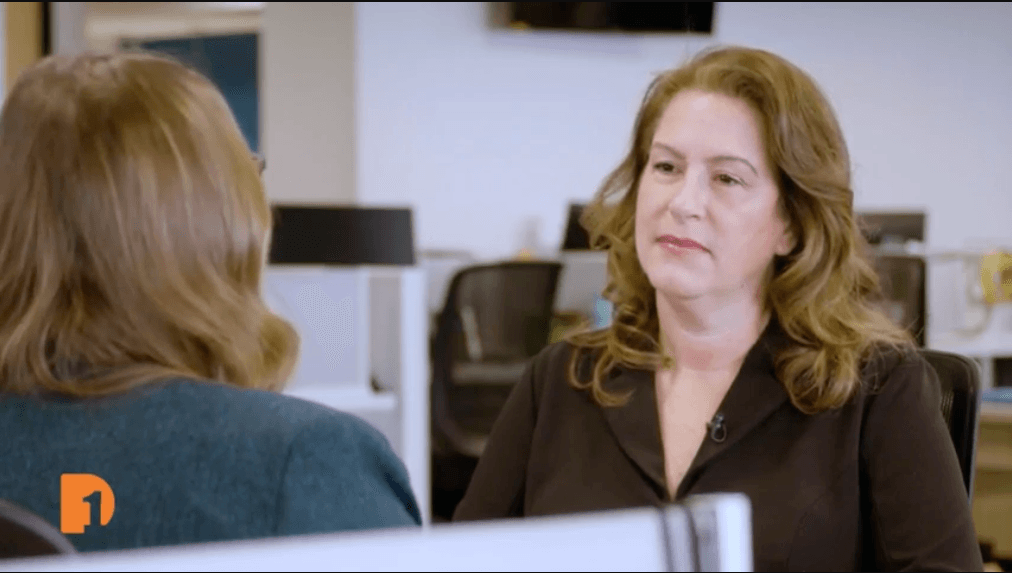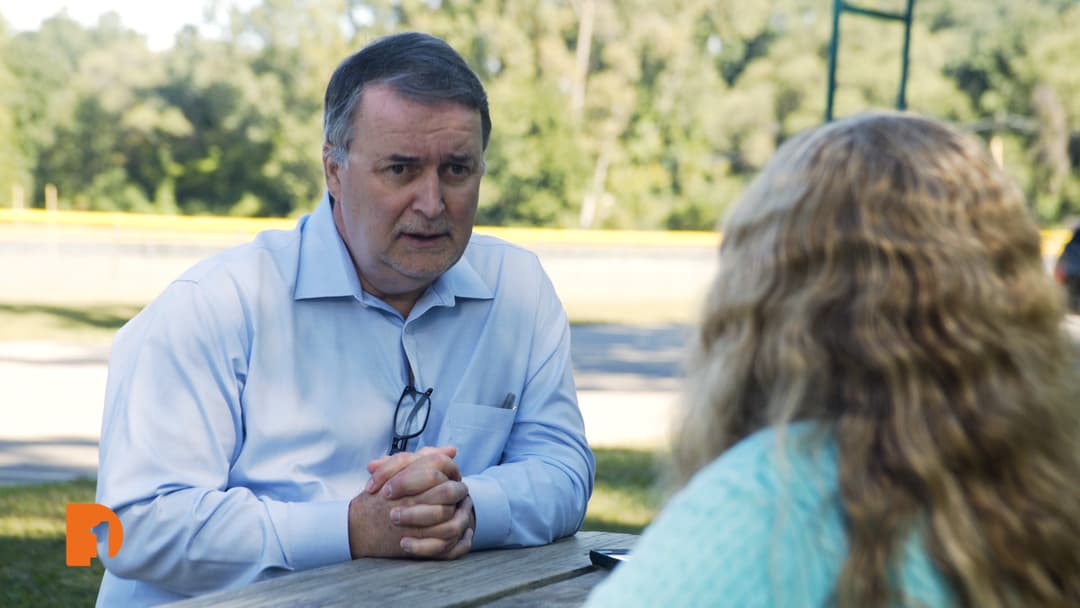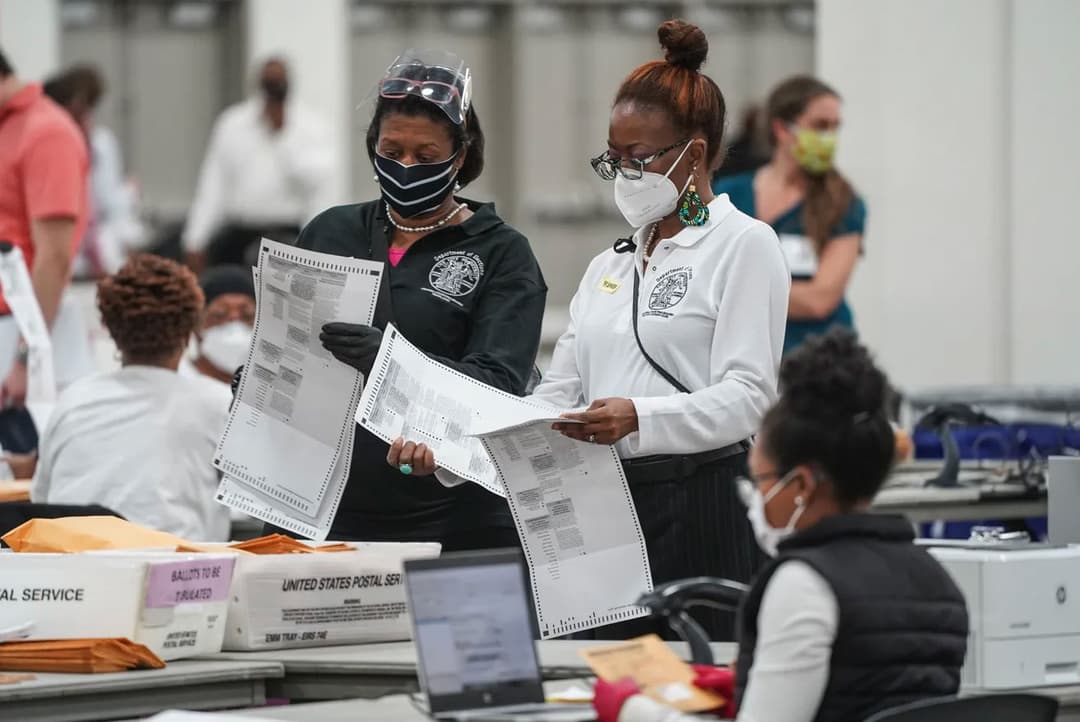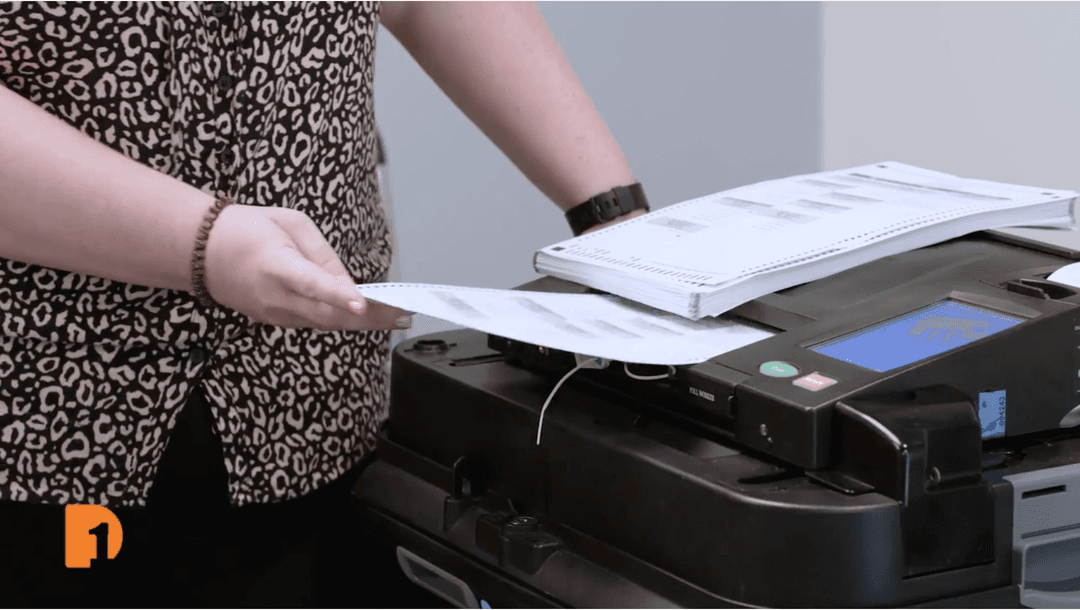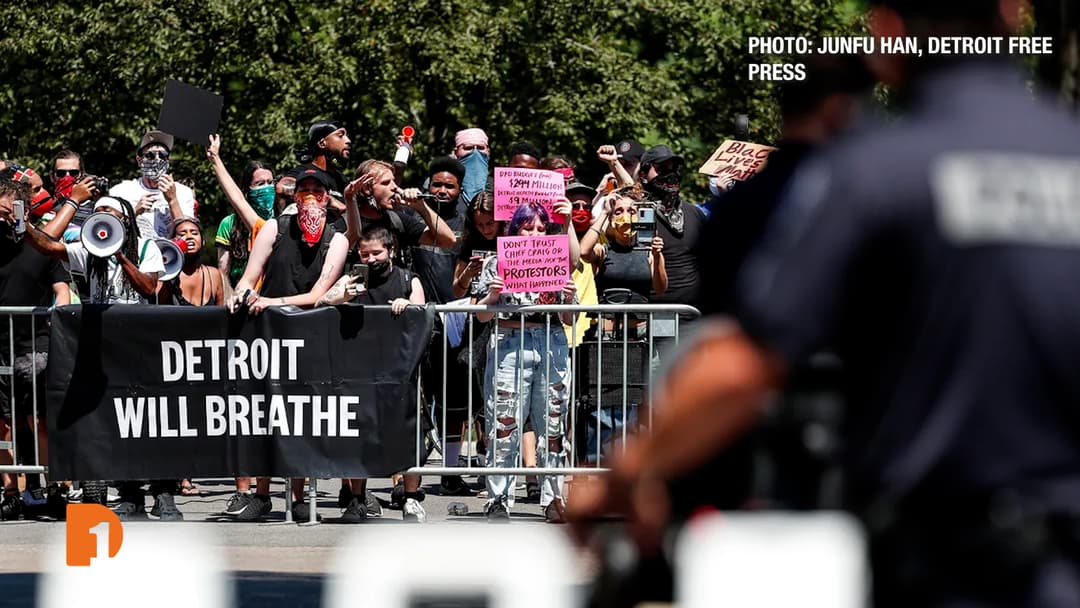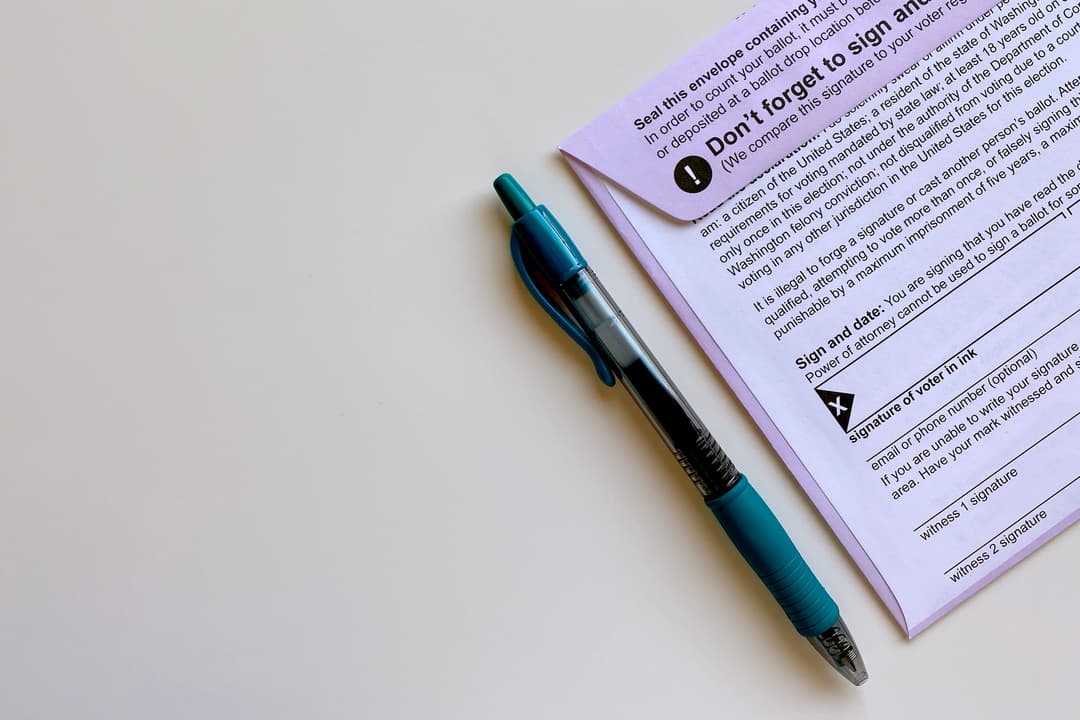Election Aftermath: An Analysis of Misinformation, Media Trust and our Democracy
Jan 6, 2022
One Detroit’s Christy McDonald sits down with Detroit Free Press Vice President and editor Peter Bhatia as well as University of Michigan Ford School of Public Policy Dean Michael Barr to discuss the rampant spread of misinformation around the 2020 election, the attacks to our democracy we saw at the TCF Center and U.S. Capitol, and the importance of having trustworthy media and more citizen involvement to sustain a healthy democracy.
Full Transcript:
Christy McDonald, One Detroit, DPTV: A year later, and the investigations continue at the increasing divide between the parties, and several polls have come out just in the last couple of days that even show the difference in how Republicans and Democrats saw what happened last January 6th as either protecting democracy or threatening it. So Michael, let me start with you. How do you think what happened on January 6th in ’21 has changed the way the public views our democracy or the strength of it?
Michael Barr, Dean, University of Michigan Ford School of Public Policy: Well, I think it highlighted a significant set of weaknesses that we’re going to need to be addressing for many, many years to come, maybe even decades. We have so much work to do to try and rebuild the fabric of our society, to help people who have very different perspectives on the world relearn how to have conversations with each other across those differences.
I think January 6th highlighted an underlying problem, which is that we had political leaders… a false view that the election in the United States was stolen. And we had politicians who were willing to push that line out. We had media personalities who were willing to push that line out, and lots of people now believe that the election was unlawful and that’s false. It’s just a verifiable fact that the election that took place, there was no widespread fraud.
Christy McDonald: And that really gets into the conversation on misinformation, what truth means to people and the role of the media before we get to that. Peter, you know, Michael brings up a good point. According to that ABC News poll that just came out this week, 65% of Americans believe that Biden’s election was legitimate. Sixty-five percent. It’s a very interesting number, but I want to ask you, Peter, going back to the original point of how you believe January 6th has changed the way the public sees our democracy and the strength of it?
Peter Bhatia, Editor & VP, Detroit Free Press: Yeah, it’s a scary time. I have a seven-year-old grandchild and I worry about will our society, will our democracy be there for him when he’s an adult? Because as Michael just said, it’s so hard just to have a fundamental conversation with people about can our democracy survive, is our democracy working? What really happened then? You know, that even a third of the country doesn’t believe the election was legitimate is deeply, deeply troubling. It runs counter to everything that we stand for as a democratic society, and trying to communicate with people about it through our work has become exponentially more difficult because people are just not willing to believe the truth.
Christy McDonald: Does that inspire or lead to more civic engagement from people? Or does it lead to more estrangement, people pulling back and saying, ‘I don’t even want to participate in what I’m seeing,’ Michael?
Michael Barr: I don’t think we’re in the worst period even in modern history, but we’re in a very troubling period in our democracy, and it does require civic engagement. It does require all of us to take responsibility for our own work to protect and enhance our democracy. It’s one of the reasons why at the University of Michigan, we started a year ago democracy and debate initiatives, and we get students, faculty, and staff involved in thinking about the tough issues and trying to understand voting rights in exercising the right to register and to vote. We saw University of Michigan student voting patterns go way up in the last election because there was this civic engagement — this desire to be involved, and I know for our students at the Ford School, at the Gerald R. Ford School of Public Policy, our students are deeply engaged. They are not cynical or detached about the work that has to happen in our democracy.
Christy McDonald: And so, really looking at the next generation. So Peter, do you think that this will enhance people’s need or desire to be involved, to be civically engaged, as Michael says.
Peter Bhatia: Well, I think it’s important that for those of us who have a role in creating that civic engagement, it makes it very, very important that we take that very seriously and it has to go beyond the traditional ways we think about journalism. It has to go beyond just writing stories and putting them on our website and printing them in the paper, and I hope that people take action based upon that. It does require those of us in media, I think, to take a much more aggressive role in terms of civic engagement, in terms of getting out there and talking to people and to listen to people.
I know that personally, it can be difficult when somebody just wants to yell at you and say you’re part of the cover up and they use more colorful language than that quite often. But the fact of the matter is we have to be relentless about it. Yes, in our traditional ways, but also in taking that to the public in a way that may be a little less traditional, doing town halls, opening up what’s been called mobile newsrooms and communities. Getting out, particularly for us, getting out of Metro Detroit and getting out into the rest of the state and hearing what people are thinking. You have to be very aggressive about it and be willing to listen to people and not immediately label them as kooks. Because some of this is coming from a heartfelt place.
I had a conversation with some of my staffers about how do we cover the future of democracy as a Michigan phenomenon. You know, our situation in Michigan is different than it is in Georgia or it is in Pennsylvania or as it is in, you know, the other so-called battleground states and what have you, where this is most intense, at least where the discussions have been most intense. But we just, we have to make the choice that if it means we cover a few fewer courts say, or a few fewer police stories say in order to spend more time trying to understand the mood and the health of the electorate and really the health of our democracy here in Michigan, then we need to do that. I can’t think of a more important journalistic function in 2022 than that.
Michael Barr: I think that there’s a really important local and state story to saving our democracy. It’s true in Michigan and it’s true all over the country. It’s true in a mechanical sense, in the sense that lots of the battleground issues are occurring at the state level. People are fighting about Secretary of State positions in ways that they didn’t before, or local election board officials in the ways they didn’t before, because they understand how important it is for the integrity of the electoral process. So it matters very much on that.
We have ballot initiatives and legislative initiatives that are in the state of Michigan trying to reduce access to the polls. And I think those are significant issues that need to get covered that are really important for the health of our democracy again, beginning with voting here in Michigan. And then I do think that the answer to the question how we’re going to bring our country together starts in our communities. It doesn’t start necessarily at the national level. Can we build a way that people can connect to each other in our communities, begin to rebuild trust in each other, to create a generous sense of belonging that we’re all in this together?
Peter Bhatia: We’re going to see this ramped up political activity this year with the House and Senate nationally at stake with redistricting, and you know, everything that that means in terms of our local and state elections. It’s going to be in a lot of ways more of the same. And I think that’s why it puts pressure on us to cover the election in a more healthy way, in a more what really matters to people who live here, what really defines us going forward?
Because, you know, we have, this country, we have profound issues that aren’t being addressed, whether it’s, you know, big global issues like immigration and housing and health and so on, but also more micro issues, you know, the pave the (expletive) roads debate and if it’s even a debate in Michigan. So I think our coverage really has to try to get at those and get away from the rhetoric. It’s going to be really hard because both the left and the right are going to be banging at those drums very, very loudly in 2022.
Christy McDonald: Michael, from your perspective, what should we be watching?
Michael Barr: I do think the most important issue facing the country is the health of our democracy, and I think we need to keep coming back to that theme. We can’t take for granted that the elections are going to run smoothly. We can’t take for granted that people are going to uphold the constitutional order. I think Jan. 6 called that into question. In the end, our democracy has been strong, but it’s definitely been deeply challenged along the way, and I think it’s really critical that our media, that our citizenry focus on the hard work every day that is required to preserve a functioning democracy. So I think that is the story.
Subscribe to One Detroit’s YouTube Channel & Don’t miss One Detroit Mondays and Thursdays at 7:30 p.m. on Detroit PBS, WTVS-Channel 56.
Catch the daily conversations on our website, Facebook, Twitter @DPTVOneDetroit, and Instagram @One.Detroit
View Past Episodes >
Watch One Detroit every Monday and Thursday at 7:30 p.m. ET on Detroit Public TV on Detroit Public TV, WTVS-Channel 56.
Stay Connected
Subscribe to One Detroit’s YouTube Channel and don’t miss One Detroit on Thursdays at 7:30 p.m. and Sundays at 9 a.m. on Detroit PBS, WTVS-Channel 56.
Catch the daily conversations on our website, Facebook, Twitter @OneDetroit_PBS, and Instagram @One.Detroit
Related Posts
Leave a Reply
Your email address will not be published. Required fields are marked*
